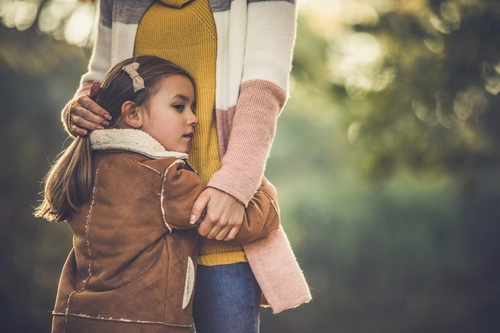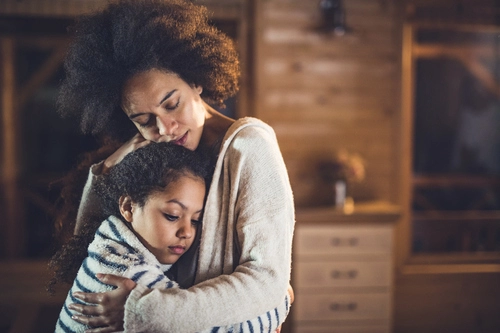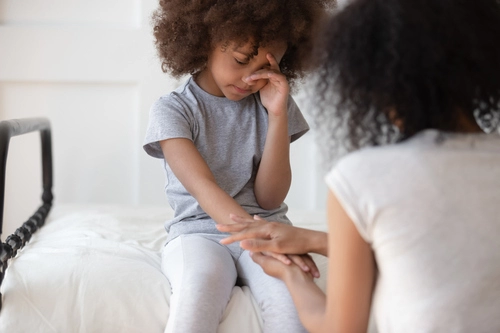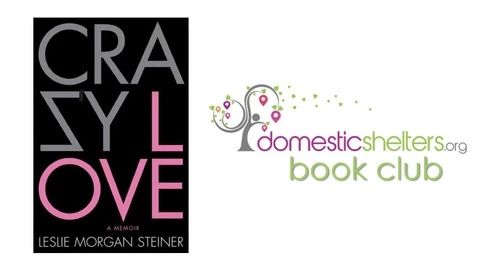1. Select a discrete app icon.

notes
Family Court Is Giving Abusers Custody
“Framed” is a new book telling the stories of 22 women amid post-separation legal abuse and the fight to save their kids
- Oct 02, 2024
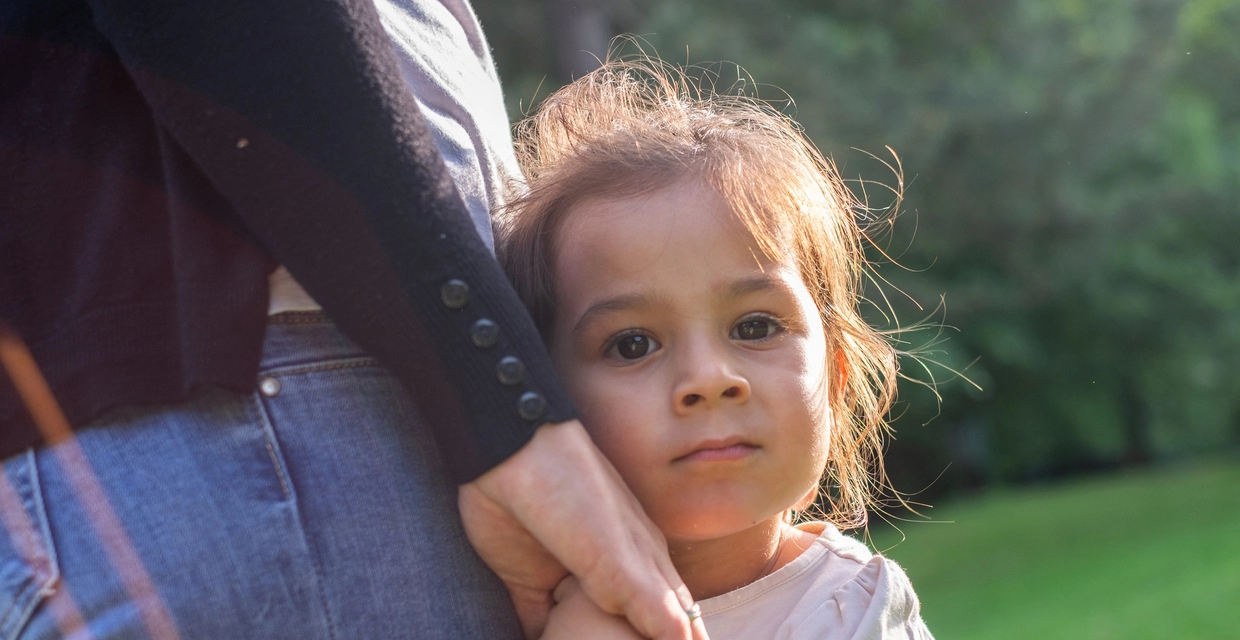
There was a moment when Gwen’s elementary-age son was read a book at school. “I guess it was a historic book about a man … who was a psychopath. And they learned about what that was,” Gwen says. Her son came home and had a question.
“Clear out of the blue, he asked, ‘Do you think my dad’s a psychopath?”
Gwen recently contributed her story to a new book—Framed: Women in the Family Court Underworld, authored by Dr. Christine Cocchiola, researcher, coercive control advocate and professor of social work for the past 20 years; and Amy Polacko, award-winning journalist, investigative reporter and divorce coach.

Both women are open about having survived abusive partners in their past. Cocchiola says it was the impetus for what has become her life’s work.
Framed tells the stories of 22 different women in the U.S., Canada and Australia whom Cocchiola says “have been horrifically treated by the family court system. Their stories are what women are dealing with every single day. Family court is not an arena where women are safe,” she says.
A five-year study of contested custody cases by researcher Professor Joan Meier, a nationally recognized expert in domestic violence, found that mothers who made claims of abuse by the father in family court lost custody of their children 26 percent of the time. If they also claimed sexual abuse by the father, they lost custody up to 50 percent of the time.
Even when the father’s abuse was proven in court, mothers still lost custody in 13 percent of those cases. In contrast, when a mother was found to be abusive toward a child, fathers lost custody only four percent of the time.
A Five-Year Court Battle Ends in Estrangement
Gwen and her ex-partner separated soon after their son was born. Gwen’s ex had always shown red flags of abusive behavior. It intensified when she was pregnant.
“It was a very fast relationship. We met, were engaged after eight months, got pregnant and moved across country,” she says. What started as love-bombing soon turned into emotional and psychological abuse.
“We had driven through some national parks and had gotten into a fight. I said I was done.”
After the fight, Gwen’s ex forced her out of the car at an airport in an unfamiliar city.
“I had no idea where I was or where I was going to go. In hindsight, I wish I had been done at that point,” Gwen says, “but we stayed together through our son’s birth. I was trying to make it work.”
Soon after, Gwen says her ex’s abuse escalated to the point where she wasn’t sure she would get out with her life.
“It wasn’t physical in the sense that he would hit me, but he would block doorways so I couldn’t get away.” If Gwen retreated to a room and closed the door, her ex would kick it in.
“He’d hold up his hand like he was going to hit me, but wouldn’t,” she says. “I didn’t report any of this, even when he kicked down the door, because I was so embarrassed this was happening to me.” She says she didn’t want her neighbors to know what was happening. Many survivors feel shame or embarrassment disclosing abuse, even though these emotions are misplaced. Abuse is never a survivor’s fault.
Gwen’s ex was also trying to isolate her from friends and family. He resented Gwen for making them move. It was all beginning to come together—Gwen was trapped with a man who wanted to control her and possibly harm her.
In 2021, news of Gabby Petito’s murder broke. A man named Brian Laundrie had murdered his girlfriend, 22-year-old Petito, in Wyoming during a cross-country camping trip. Gwen realized she could relate to what Petito had gone through.
“I immediately identified that she was experiencing coercive control, nearly the exact same behavior patterns that I had experienced. When I heard of her murder, it put into perspective for me how dangerous the situation was that I was in.”
Gwen talked to her therapist about what was transpiring at home and was advised to make a safety plan immediately. A safety plan is usually made when a survivor is thinking about leaving an abuser and plans for all possible barriers that could stand in their way. Gwen suspects her ex caught on that she was planning to leave him. He began to provoke her by insulting her and then recording her reaction.
“He’d say, ‘You’re fat, you’re ugly, you’re never going to find anyone.’ It was a constant barrage. He’d poke and poke until I exploded and then record me.” She later learned he planned on using these recordings in court to try and disparage her testimony. She found out he had recorded Gwen sleeping, which he used to try and make a case that she was depressed and unable to care for their son.
“They wouldn’t allow it in court [during the custody trial], but they also didn’t acknowledge how insane that was.”
And that was part of the problem, says Gwen. The judge in family court never seemed to put the pieces together that Gwen was the victim of emotional and psychological abuse. Instead, her ex got 50 percent custody.
“Generally, I had more than 50 percent of the time during the first 10 years,” says Gwen. “As long as I didn’t push back, things were generally OK. He told me he would be so kind as to not petition for full custody if I stopped talking to the court [about his abuse].”
Then, something changed.
It was 2018, and her son was 10. Her ex had a new partner and wanted to move to Hawaii. And he wanted their son to go with him.
“His goal was to take away the one thing I loved the most,” she says. But she suspected he also knew that if he flat out asked for full custody after a decade, a family court likely wouldn’t grant it. Not without a reason. So, he began to disparage Gwen.
Over the course of nearly two years, Gwen’s ex took her to court more than 45 times claiming she was an unfit parent with mental health issues. Each time, she says, they’d see a different commissioner. Similar to a judge and with the same amount of judicial power, a commissioner decides single-issue matters, like which parent is fit for child custody and which isn’t.
“New commissioners would come in and had no idea of the history of litigation abuse,” Gwen says. “They’d think it was just two people who couldn’t co-parent.”
Gwen brought in boxes of evidence—12 to be exact—showing a pattern of coercive control over the span of their relationship. The court wouldn’t even look at it. She brought in expert witnesses, including Cocchiola, to testify about the harms of coercive control, especially its effect on children. She says the court officials didn’t seem moved.
It was as if the judge had already made up his mind, “ says Gwen. “He didn’t feel there was domestic abuse, and certainly that none of [her ex’s] behaviors were intentional.” Meanwhile, she felt as though her ex’s attorney could say or do anything, regardless of the truth.
“His attorney … was allowed to slander me and make up whatever she wanted to discredit me. It was like the facts didn’t matter, hard evidence didn’t matter, expert testimony, expert reports, his perjury and proven fraud reports, none of it mattered in family court.”
The whole time, she felt her son slowly slipping away.
“He began to align with his dad,” she says. The more Gwen tried to fight the slanderous claims her ex was making in court, the more she felt he targeted her son.
Gwen’s custody went from 50/50 to one, 3-hour visit every other Tuesday and every other weekend visitation. Unfortunately, she felt like it was too late to reach her son.
“He’d come to my car window after school and say, ‘I don’t want to do this with you,’ and walk back into school.” Gwen said she felt her body constantly in a state of fight, flight or freeze. She was perpetually in court or preparing for court for two years. It was a gauntlet of torture and she felt like no one was listening, especially family court.
“He stopped coming for visits last November,” she says of her son. “The last time I saw him was his last day of school in June.”

Family Court Decisions Are Leading to Children’s Deaths
There is an abundant number of stories that start with family courts granting custody to fathers whose ex-partners claim are abusive, only to end not far after with the murder of that child or children by the father the court deemed safe.
Fifteen-month-old Prince McLeod was drowned by his father in 2012 after a Montgomery County, Md., judge granted him unsupervised visitation, despite Prince’s mother Hera presenting evidence of both domestic violence and child abuse.
“There was a part of me that knew I was never going to get to keep him,” Hera told DomesticShelters.org.
Two-year-old Kyra Franchetti was fatally shot twice by her father in 2016 after a Nassau County Family Court judge awarded him custody, despite a history of domestic violence. The girl’s father then set his home on fire with him inside it, killing himself as well.
“I miss her every single second of every day,” Franchetti told DomesticShelters.org.
A 2023 report released by the Center for Judicial Excellence found that 58,000 children a year are court-ordered into the home of a parent who is physically, sexually or mentally abusing them. Since 2008, there have been 940 cases of children murdered by a divorcing, separating or court-involved parent or parental figure.
If a child’s life is spared in a custody dispute, abusers often use the court system to torture their ex-partner, like Gwen’s ex who filed nearly 50 motions to keep Gwen in court nearly constantly. Cocchiola says another woman who told her story for the book says she hasn’t seen her children in six years since a family court sent them to a reunification camp, a whole other form of torture that custody courts have access to.
Meier’s research found that a mother’s risk of losing custody doubled when a father made a counterclaim of parental alienation, leading the researchers to conclude that “alienation trumps abuse.”
In the 1980s, a psychiatrist named Richard Gardner coined a so-called disorder he dubbed “parental alienation syndrome,” or PAS, which most domestic violence advocates and mental health professionals renounce today for its lack of scientific basis and its manipulative use in court. Abusers have been known to employ this term to convince a judge their partner is “brainwashing” a child into refusing to go to the abusive parent for visits. As a result, many survivors find themselves in the throes of a court battle to prove otherwise, much like Gwen.
And if it’s not the abuser, it can be the family court judge who targets survivors. Cocchiola says another survivor told her she made a complaint against a family court judge only to have that judge turn around and deny her custody of her own children.
“Women aren’t believed. This is why we wrote the book. There are so many women suffering this and women just do not have the same power as men in the court system,” Cocchiola says.
How Courts Can Change
The book offers helpful takeaways from each woman’s story, as well as red flags of abuse to recognize before a relationship might reach the having-a-baby chapter. (On that note, if you’re thinking of having a child with a partner, you may want to ask yourself these eight questions first.)
Cocchiola says she hopes the book winds up on the desk of every family court judge, attorney, evaluator and advocate. Gwen says she just hopes judges start to believe women.
“It would be great if they understood patterns of behavior or believe me when I say [the abuse] is escalating. Or even look at the evidence. I went in there with all these experts on coercive control and they still were like, ‘Yeah we still don’t think it’s abuse,’” says Gwen. The secondary trauma survivors—protective moms in particular—face as a result of being dismissed by a family court system they believe exists to protect families, is immeasurable.
At the very least, Gwen says courts should at least circle back in order to take accountability for their decisions.
“If a judge is making a decision, why not check back in a month? Is that decision working? Was that decision right or wrong? I still haven’t seen my son and the court doesn’t know that. I could go back to the court but I have zero faith in the system that they’ll hold [her ex] in contempt,” she says.
At the same time, Gwen says she’ll never give up on seeing her son again.
“My hope is when he gets out into life, maybe,” she says, hopeful they may be able to reconnect when her son is an adult. “But his dad has built this enmeshed relationship. They are almost one and the same. I don’t think [her son] has the safety or freedom to question things. But I have to keep hope … because he’s my kiddo.”

